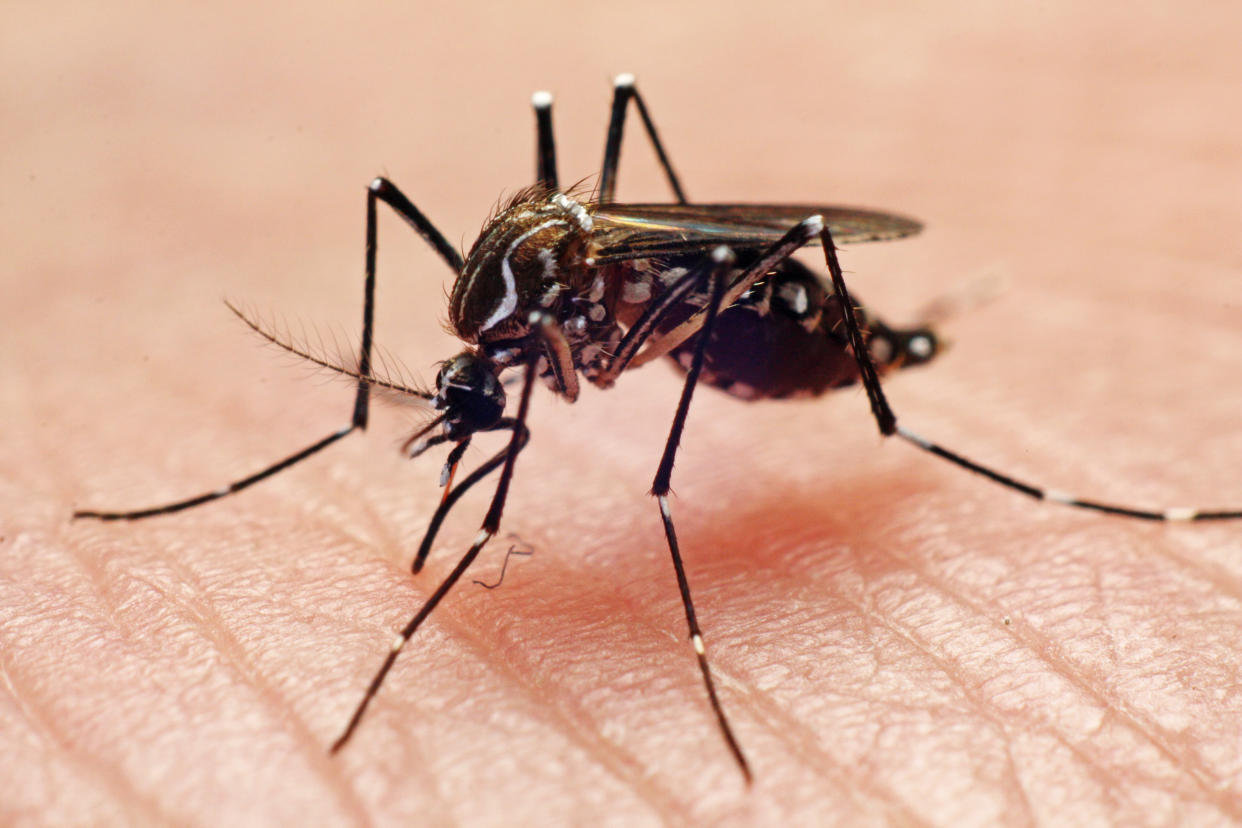3 die as dengue outbreak in Singapore shows no sign of abating: report

SINGAPORE — Three more people have died of dengue fever in Singapore, as the number of weekly dengue cases exceeded 1,000 for a sixth consecutive week.
According to a Straits Times report on Tuesday (21 July), the three deaths bring the total of number of deaths due to dengue fever to 19 this year. Those who died were between 49 and 92 years of age.
For the whole of last year, there were 20 deaths related to dengue.
There were 1,736 dengue cases recorded last week, up from 65 in the previous week, according to The Straits Times. Since January, a total of 18,673 people have been infected, a number exceeded only in 2013, when 22,170 people were infected in the entire year.
According to the Ministry of Health, more than 3,100 patients have been hospitalised in public hospitals this year for dengue; about 1 per cent of them had to be admitted to the intensive care units.
413 active dengue clusters
There are 413 active dengue clusters concentrated mostly in the eastern part of the country. The Straits Times reported that 141 of them are classified as high risk, as they had 10 people or more infected within 150 metres of one another within a two-week period.
Among these clusters, 19 are classified as huge clusters with 100 people or more infected. The two biggest are in the Aljunied-Geylang-Guillemard area (147 breeding sites found) and the Bukit Panjang-Woodlands area (51 breeding sites found).
The National Environment Agency (NEA) said that, in May and June, it found 50 per cent more breeding in homes and twice the number in condominium grounds, construction sites, common areas and other places like schools.
The increase could have been due to less maintenance carried out during the two-month-long COVID-19 circuit breaker from April, as movement was restricted. There was also the dormitory coronavirus outbreak, reducing the number of workers available to do the maintenance tasks.
Heavier penalties for repeat offenders
From 15 July, enhanced penalties will be imposed for households, construction sites and Town Councils found to be breeding mosquitoes. Heavier penalties will be imposed on households with the following offences:
Repeated mosquito breeding offences;
Multiple mosquito breeding habitats detected in a single inspection;
Mosquito breeding detected after having received a legal notice from NEA.
Instead of a fine of $200 for the first three infringements, the fine for households is now $300 if breeding is found after they have been served notice that they are in a dengue cluster, or if more than one breeding spot is found.
The public is advised to use aerosol insecticide spray in their homes to kill any adult mosquitoes, and to apply mosquito repellent to protect themselves from mosquito bites.
All residents living in dengue cluster areas are strongly encouraged to cooperate with NEA officers, facilitate their checks and the conduct of indoor misting in homes. NEA encourages everyone to use the myENV app to receive updates on the dengue situation.
Two educational videos have also been published to guide residents on the spraying of aerosol insecticide at home , and what to do if one lives in a dengue cluster area or sees mosquitoes at home.
Stay in the know on-the-go: Join Yahoo Singapore's Telegram channel at http://t.me/YahooSingapore
More Singapore stories:
AMK Hub, Plaza Singapura, Jollibee at Lucky Plaza among places visited by COVID-19 cases
Bangladeshi illegal cigarette seller who killed compatriot gets 15 years' jail, 15 strokes of cane



